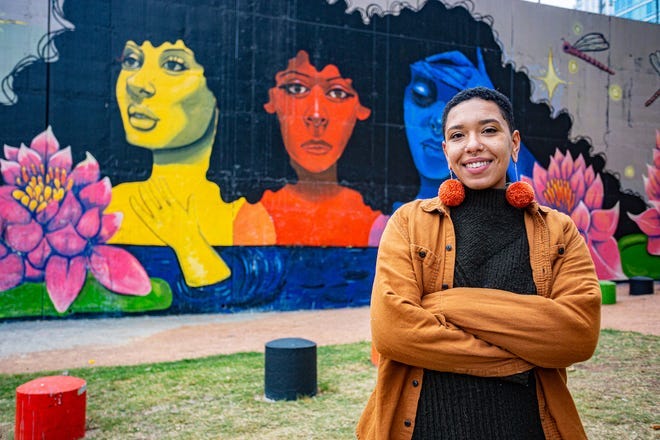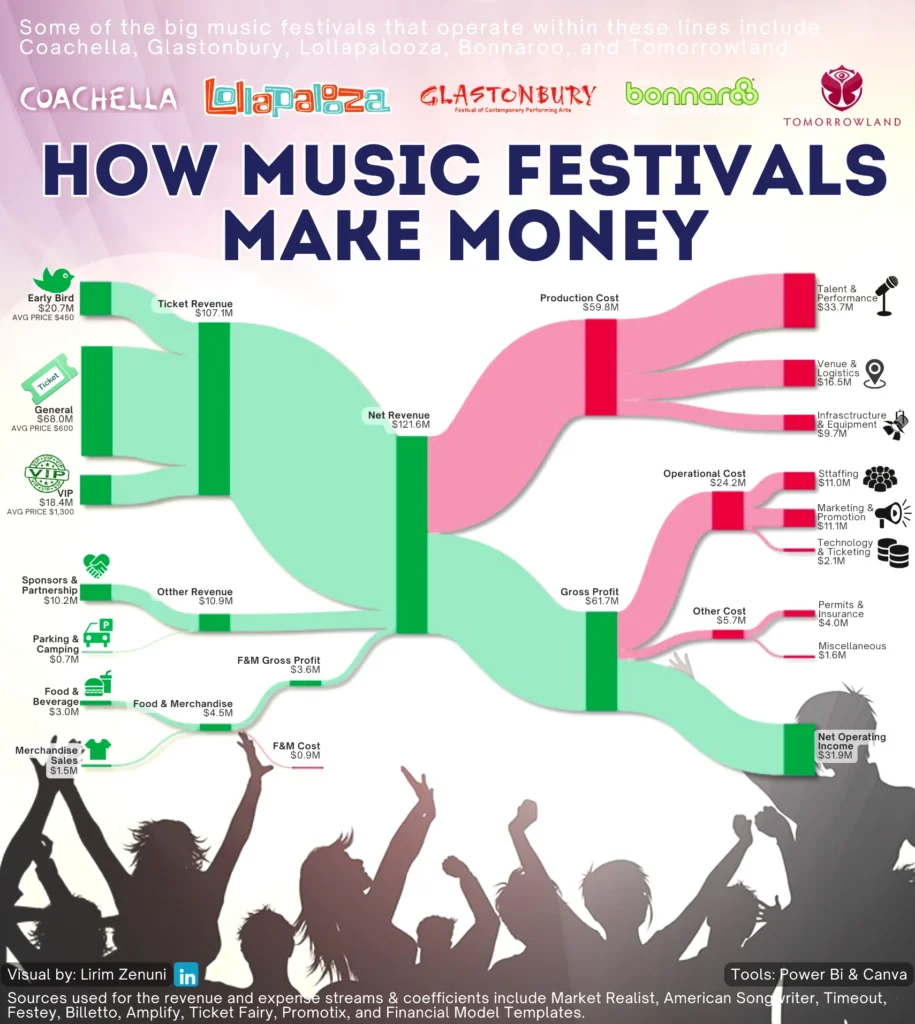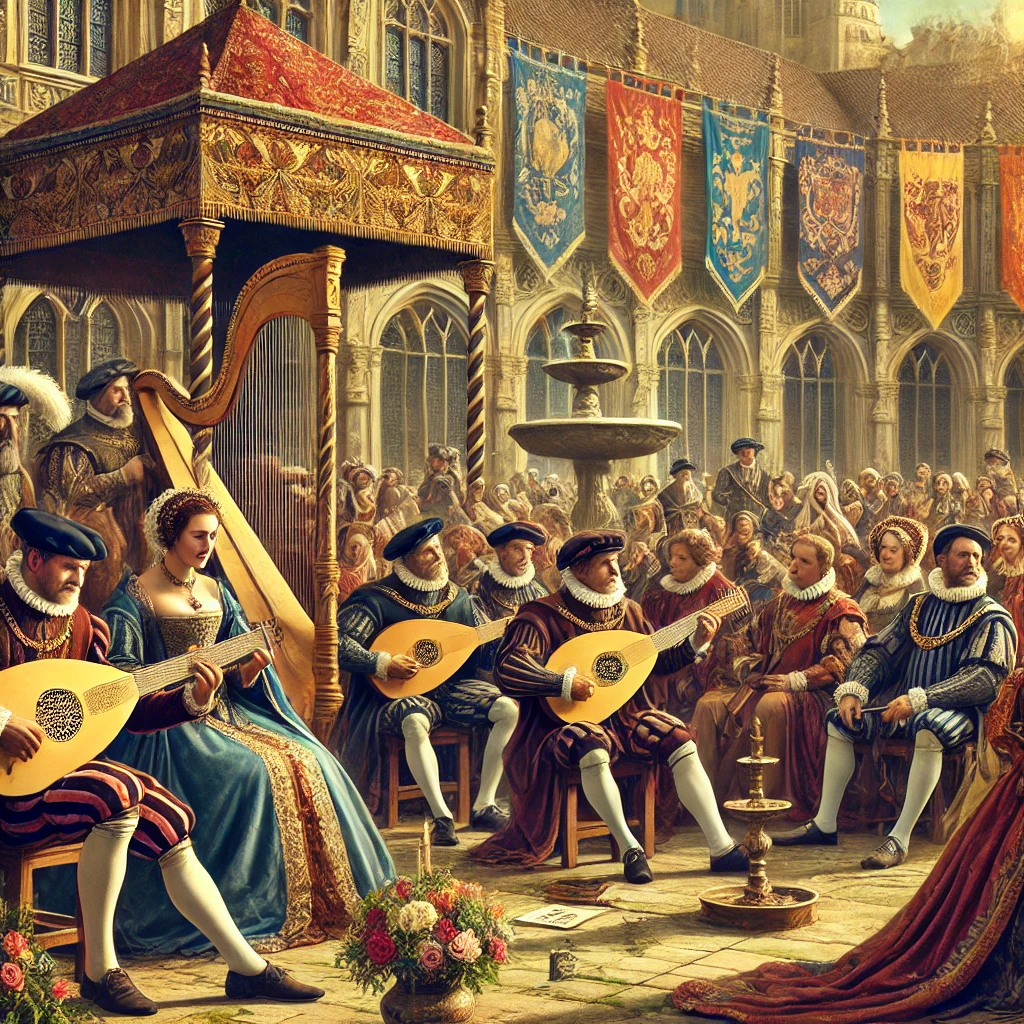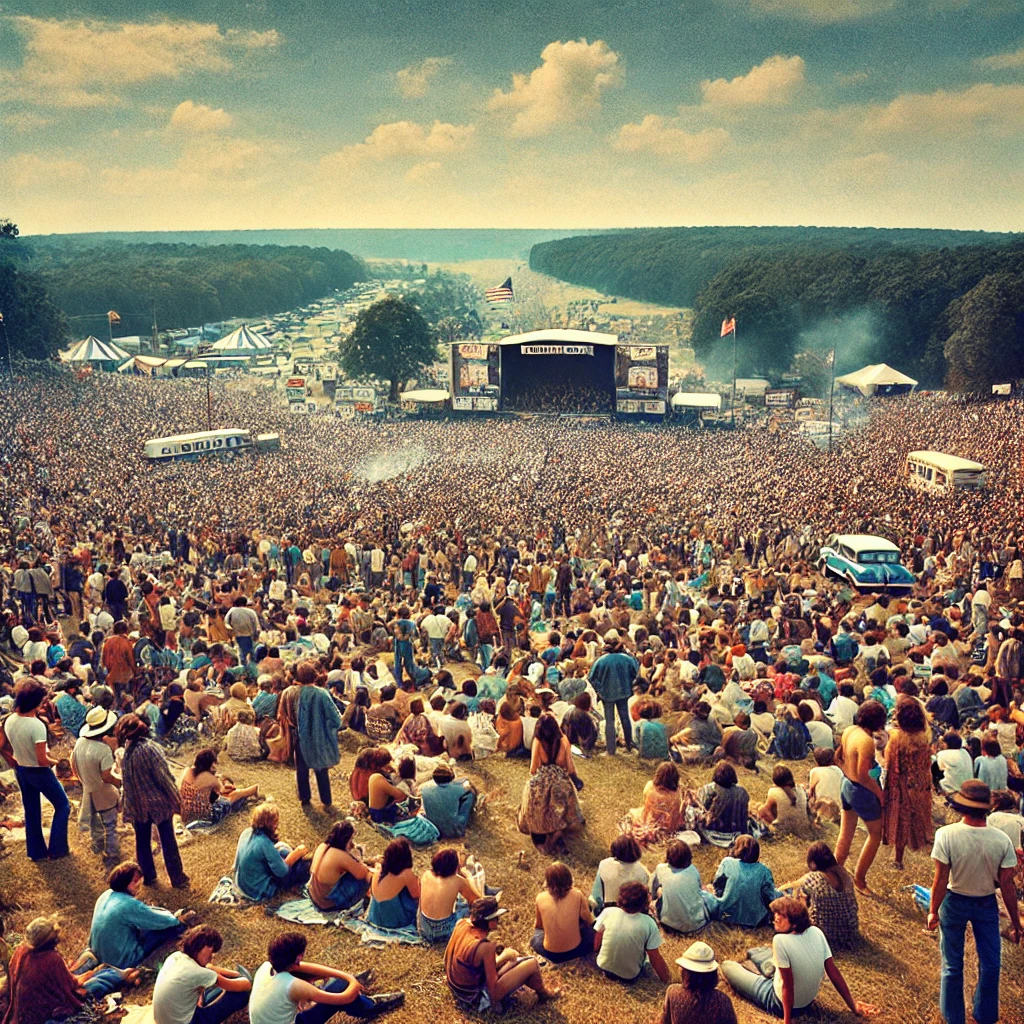In today’s music landscape, festivals have evolved into more than just a place to hear live performances. They’ve become essential platforms where artists showcase their talent, build their careers, and connect with audiences. Whether you’re an emerging artist hoping to get noticed or a global superstar seeking to solidify your place in the industry, festivals offer a unique, dynamic stage. Let’s explore how these events have transformed into a driving force in the music business.
Festivals: The Launchpad for Emerging Artists
For many new musicians, securing a spot at a major festival can be a career-defining moment. Festivals like SXSW, Glastonbury’s Emerging Talent Competition, and Coachella’s smaller stages give up-and-coming artists the opportunity to perform in front of huge, diverse crowds, including industry insiders who can catapult their careers.
These platforms provide invaluable exposure. In a world dominated by streaming, live performances offer a chance to build genuine connections with fans. Some of today’s biggest stars, like Billie Eilish and Tame Impala, first gained widespread recognition through their early festival performances, using these events to grow their fanbase and establish themselves as serious artists.
Established Artists: Reinventing Careers Through Festivals
While festivals serve as a launchpad for new talent, they are also critical for established artists looking to reinvent their image or connect with new audiences. Major festivals often feature headline slots for iconic performers who use the opportunity to introduce new material, reconnect with fans, or offer unique performances that can’t be found on a standard tour.
Take Beyoncé’s 2018 Coachella performance, for instance. Dubbed “Beychella,” her set became an iconic moment in music history, blending cultural celebration with a larger-than-life performance. Festivals offer a chance for artists to take risks, experiment with their stage shows, and deliver something memorable that can revitalize their careers.

Festivals as a Revenue Stream
In the age of streaming services, where artists often earn less from album sales, festivals have become a crucial source of revenue. Major festivals like Tomorrowland, Lollapalooza, and Reading Festival draw massive crowds, and headlining these events can be lucrative for artists. For many musicians, touring and festival gigs now make up a significant portion of their income.
Beyond the direct revenue from performance fees, festivals also provide an opportunity for artists to sell merchandise, promote new music, and attract sponsorship deals. In an industry where revenue streams have become more fragmented, festivals offer financial stability for both emerging and established artists.
Building Artist-Fan Relationships
Festivals are not just about the music; they’re about creating experiences. These events allow artists to connect with their audiences in a way that’s impossible through streaming or social media alone. Fans get to see their favorite musicians in an environment that encourages connection and celebration, whether it’s dancing under the stars or belting out lyrics alongside thousands of other fans.
For artists, this connection is invaluable. Festivals create a sense of community, where artists can foster loyalty and engagement with their fanbase. These relationships can translate into stronger streaming numbers, higher merchandise sales, and a more devoted following that sticks with them through the ebbs and flows of their career.
The Role of Technology in Festivals and Artist Promotion
With the rise of social media, festivals have also become a crucial part of artist promotion strategies. Artists and festival organizers alike use platforms like Instagram, TikTok, and YouTube to share behind-the-scenes content, live-stream performances, and engage with fans in real-time. A standout festival set can go viral, reaching millions of people who weren’t even at the event.
Additionally, new technologies like virtual reality (VR) and augmented reality (AR) are changing the festival experience. VR festivals and live-streamed sets offer artists more opportunities to reach global audiences, expanding their reach far beyond the festival grounds.


The Future of Music Festivals: Continuing to Shape the Industry
As the music industry evolves, festivals will continue to play a pivotal role. These events offer a unique blend of revenue, exposure, and connection that is difficult to replicate through other channels. For artists, they provide a stage to showcase their talent to the world, whether they’re looking to make a name for themselves or cement their legacy.
With festivals expanding into new territories and experimenting with hybrid virtual models, the opportunities for artists to engage with audiences are only growing. In the end, music festivals remain one of the most influential forces in shaping the future of the music industry.
Sources:



